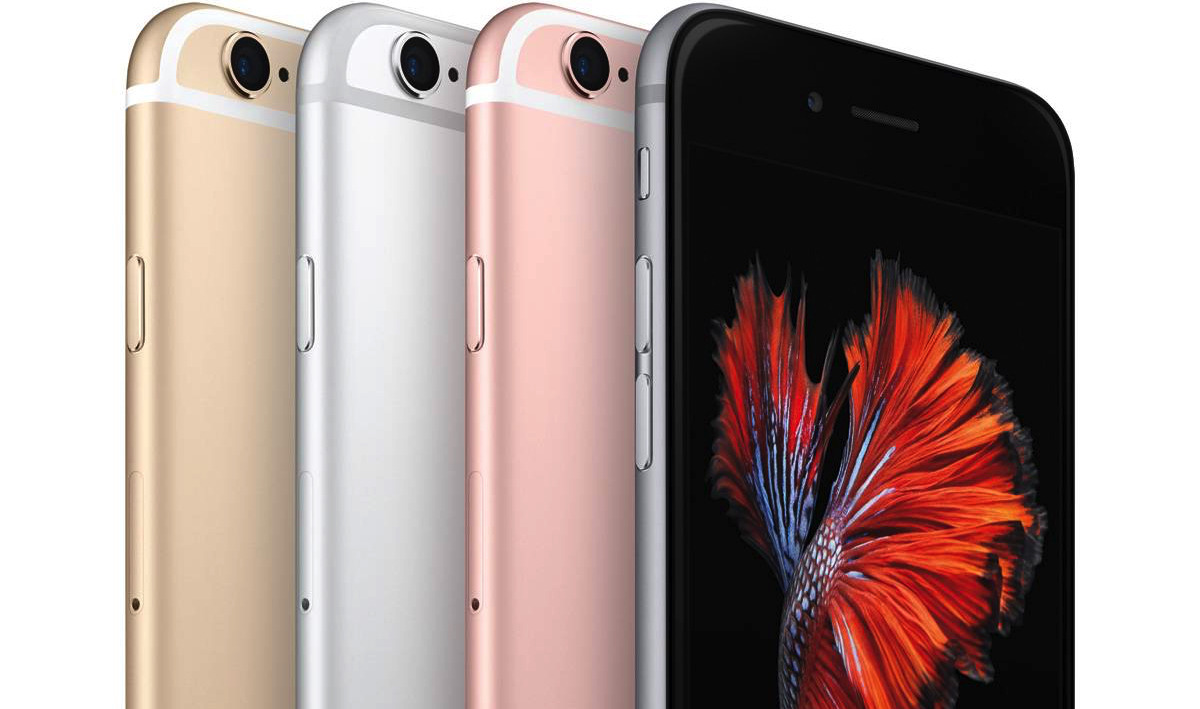In the conclusion of a two-year back-and-forth legal battle, an independent repair shop in Norway has lost an appeal over the import so-called "counterfeit" Apple iPhone screens.
In a ruling passed down on Thursday, an appeals court affirmed a judgement over independent repair shop owner Henrik Huseby. Huseby is now on the hook for not just destroying what Apple calls "counterfeit" iPhone screens he bought from China, but also for Apple's legal costs of about $26,000.
Huseby owns a small electronics repair shop called PCKompaniet in Norway. To supply parts for that business, he ordered a shipment of 63 iPhone 6 and iPhone 6s replacement screens from Asia, which were seized by Norwegian customs agents in July 2017
Following the Norwegian government informing Apple, the company had a lawyer represented the company propose a settlement. This settlement, as pitched, entailed Huseby paying $3,500, destroying the screens, and promising to no longer sell or deal with any products that infringe Apple's trademarks.
Huseby refused the settlement and took Apple to court. The case hinged on the question of how exactly Huseby obtained the Chinese parts, and how they were marked.
The phone screens in question were Apple parts, refurbished by Chinese resellers, but with the branding obscured. Reports vary whether the branding were completely obliterated, or just marked over with a permanent marker.
Huseby's legal team said that the obfuscation of the label removed them from Apple's control. They reasoned that any branding would be invisible to the consumer, and since there was no possibility that they could be confused with "official" screens, and as Huseby would not be representing them as "official" screens supported by Apple they were not "counterfeit" in any way,
The first ruling on the matter led to a win for Huseby. However, Apple appealed, and won a verdict of the destruction, plus payment of Apple's legal costs of about $12,000.
"We're sending strength and moral support to Henrik Huseby today," Advocacy group Right to Repair Europe said in a statement to The Register. "He took a stand where other businesses were afraid to, and he will pay a heavy price."
Apple has frequently cracked down on suspected counterfeiters, including the seizure of more than $1 million in fake accessories from a London warehouse in 2017 and general warnings about third party and counterfeit power accessories. It's even gone after counterfeit accessories for sale on Amazon.
Apple has also historically opposed "Right to Repair" laws, which have been proposed in 20 U.S. states.
 Mike Wuerthele
Mike Wuerthele







-m.jpg)






 Marko Zivkovic
Marko Zivkovic

 Christine McKee
Christine McKee
 Amber Neely
Amber Neely
 Sponsored Content
Sponsored Content
 Wesley Hilliard
Wesley Hilliard

 William Gallagher
William Gallagher









23 Comments
Imagine the Apple Stores not opening and you can't repair your shit
If the US thinks about freedom this way, why don't people have freedom to do what they want with their devices.
This is a good win for Apple and consumers who have to constantly battle with the negative effects of counterfeit products. In this case the parts were actually genuine so consumers receiving them as part of repairs may likely have experienced positive outcomes. However, the illegitimacy of the "machinery" used to source these parts into the repair parts channel rendered them effectively counterfeit. It's the counterfeiting "machinery" that needs to be shut down and these parts were processed by that illegitimate machinery.
This is all about consumer protection, not right to repair. I'm really surprised that individuals and organizations that position themselves as consumer advocates would take up the cause of someone who is violating a core tenet that protects consumers, that being that you get what you pay for in a legal transaction. It's like saying "I'm totally against crime," but if buying stolen property saves me some serious cheddar, then saying "I can look the other way." Can't have it both ways.
BS ruling. Any non-authorized repair voids warranty anyway, but last I checked, we own the devices and don’t rent them from Apple.
Also, there is Apple pretending to be a “green” company, and then takes action against refurbished repair parts, while squashing a small shop with an onslaught of lawyers.
Given that the guy won in the first go around, it’s likely fair to say, that Apple’s high-priced lawyers out argued whatever small lawyer the guy could afford; had he had the funds to use some legal top guns, chances are, he would have prevailed.